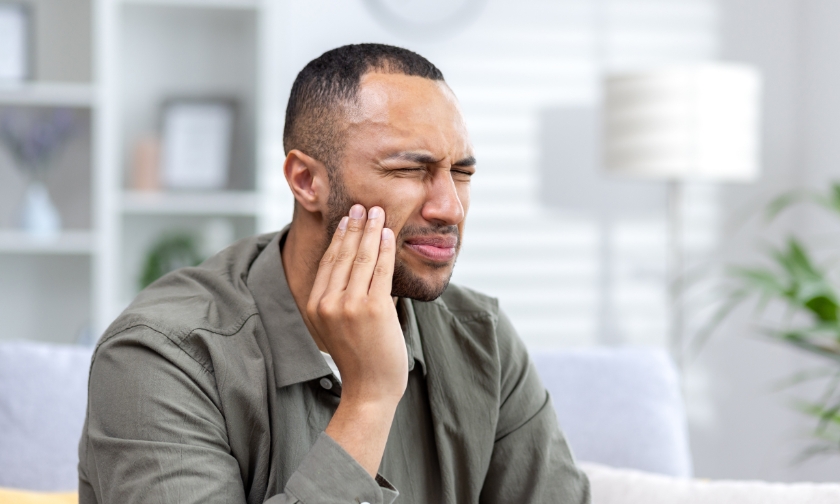
Gum bleeding when brushing or flossing can stop you in your tracks. One time it’s a mere nuisance; another time it’s a sign that you need to get help quickly. This guide walks you through what’s likely normal, what’s not, and how to respond confidently and without guesswork. So, you’ll know whether to call the emergency dentist or if home remedies will suffice.
Why do gums bleed?
Plaque along the gumline irritates gum tissues and causes gingivitis, which is reversible by professional care, brushing daily, and interdental cleaning. In the United States, approximately 4 of every 10 adults aged 30+ have some level of periodontitis (a more serious gum disease), so noticeable bleeding is not uncommon, but consistent bleeding necessitates immediate attention.
Situations that are not emergencies
If you recently started or re-started flossing, some bleeding for a day or two can be expected as gums adapt. It should settle down in a week or so with a gentle oral care technique. Pregnancy similarly causes gums to swell and bleed due to hormonal flux. Blood-thinning medication can be another contributing factor.
Tip: Use soft-bristled brushes in small circular strokes in a light hand. The best time to clean between teeth is in the morning. Do it once daily.
When bleeding is an emergency
Get same-day treatment if you notice any of the following:
- Bleeding that does not stop after using gentle pressure with clean gauze
- Rapid heavy bleeding after minor brushing or flossing trauma
- Bleeding gums along with facial swelling, fever, or foul taste that persists
- A jagged cut to the gums or cheeks
- Ongoing bleeding and you’re pregnant or on anticoagulants (it requires special care)
If you’re in the area and any of the above apply, call a Newton emergency dentist for prompt evaluation and care. (A quick call can prevent small problems from becoming complicated ones.)
Essential first steps to take at home
These steps can be helpful until you receive professional care:
- Gently rinse with plain water; don’t forcefully swish.
- Apply light, constant pressure over the area with sterile gauze until the bleeding decreases.
- Switch to interdental cleaner or floss with light C-shape motion.
- A warm saltwater rinse may soothe inflamed tissue as a part of regular oral hygiene.
How to prevent it from recurring?
Consistency wins here. Brush twice daily with fluoride toothpaste and clean between teeth once daily. Routine checkups catch early gum inflammation before it advances. Yearly dentist visits support early detection and treatment of gum disease. If you’re pregnant, regular professional cleanings are safe and encouraged, and they help control inflammation during each trimester.
Is this a bleeding gums emergency?
Most minor, light bleeding linked with new flossing habits or a rough brushing encounter is not long-standing. But bleeding that won’t stop, occurs daily, or is paired with swelling and fever must be addressed right away. In case of doubt, treat it as a bleeding gums emergency and consult a professional the same day.
Call Newton Dental Studio for comfortable, same-day consultation and treatment where your comfort comes first. We’ll consult over the phone and get you seen quickly if it’s an emergency.


